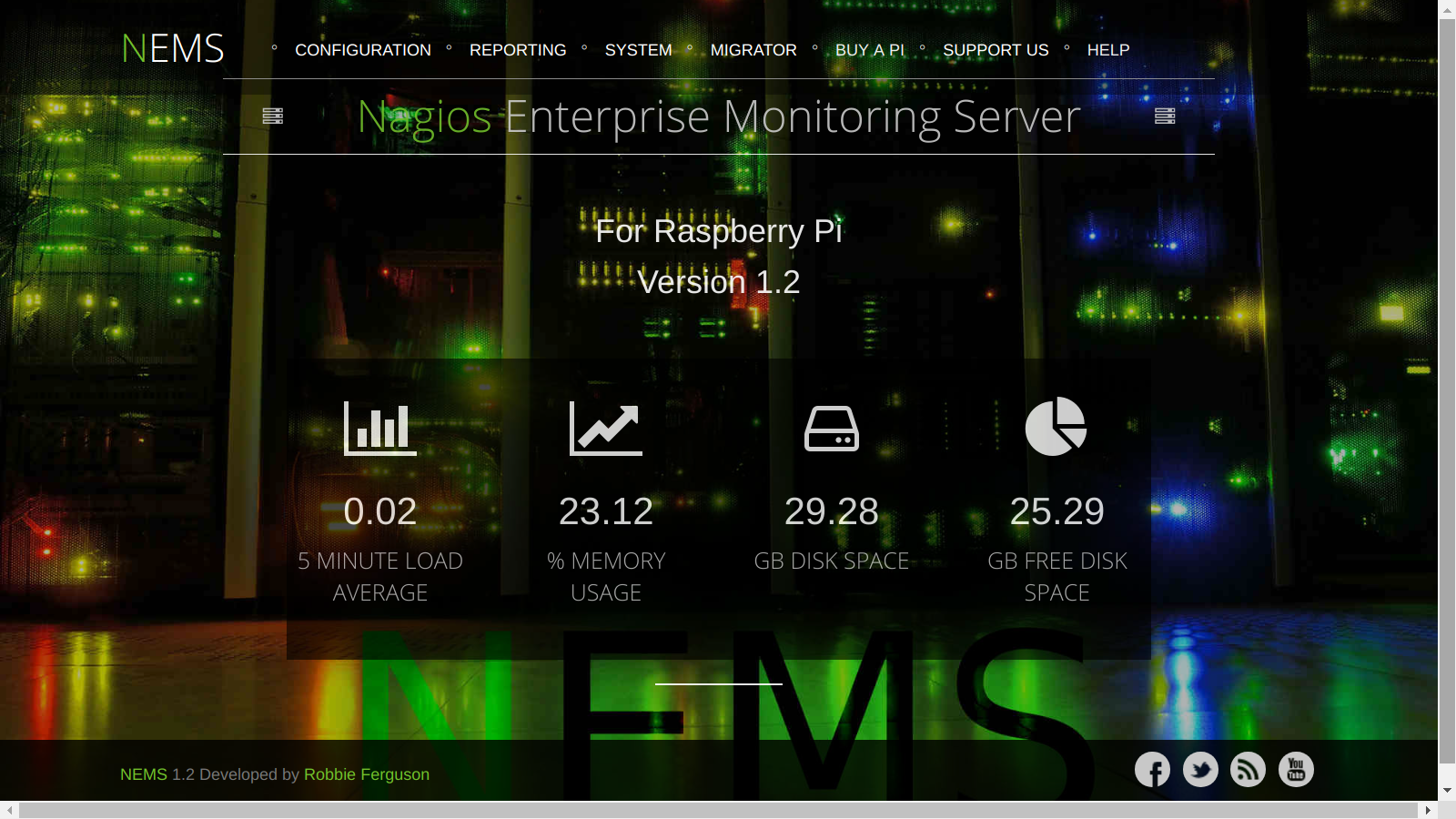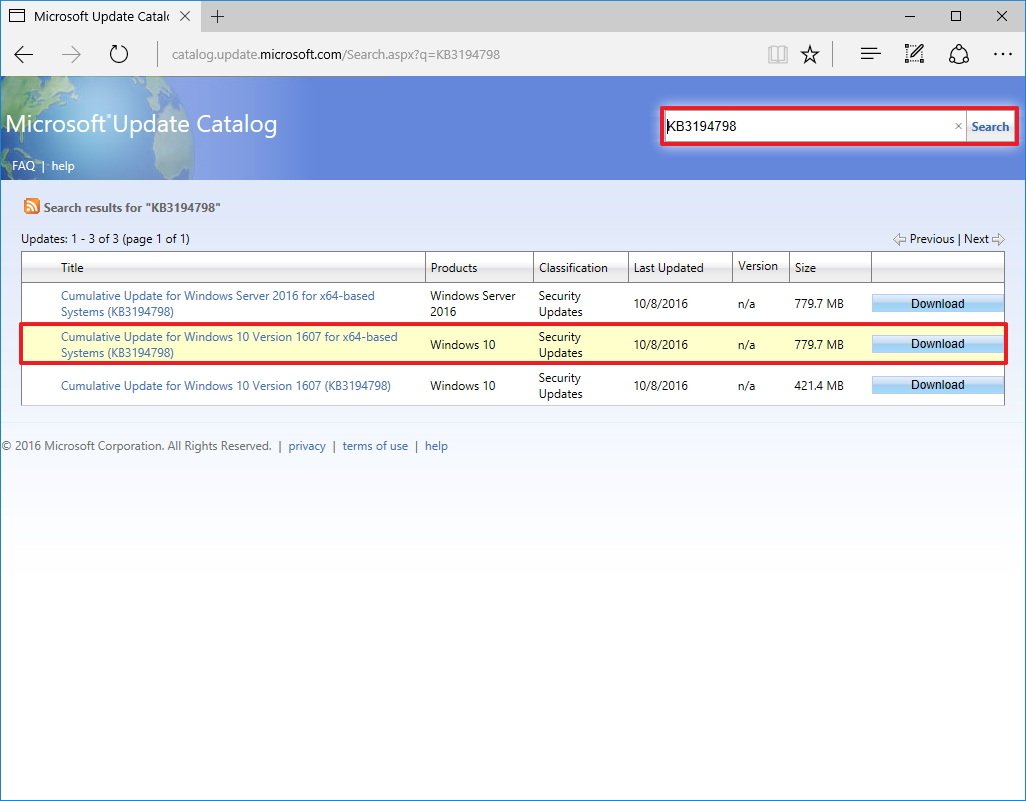Dear Readers,
Summer is here! A season which appeals to affection and sentiments, and of course, vacation time isn’t complete without a touch of laziness. As Ella sang: ‘Summertime, and the livin' is easy’, it’s indeed a good time. I hope you will work on unfinished projects, explore the latest technologies, and encounter numerous exciting tasks. Here, we concertedly continue to publish great lectures for you and take pride in them as well. Therefore, as you’ll be enjoying a sunset view on your porch, have a quick read at our BSD Magazine issue to crown the special day.
Now, let’s have a glimpse of what our experts prepared for you.
In Brief
Ewa & The BSD Team
This column presents the latest coverage of breaking news, events, product releases, and trending topics from the BSD sector.
Illumos Containers Using OmniOSce
Carlos Neira
Containers have been around almost two decades, starting with FreeBSD jails implementation around 2000. Thereafter, Sun Microsystems took a step further and implemented Solaris Zones around 2004, which was based on FreeBSD’s jails. Both containerization technologies allow you to partition your machine further and give you more mileage for your money as it is lighter than hardware virtualization. This means performance is better as applications run on bare metal. Enhanced security, such that if a zone or jail is compromised, the attacker is confined to that virtual host. We will learn about Solaris Zones using an Illumos derivative called OmniOSce, and instructions that could be applied to other Illumos based distributions.
bhyvearm64: Virtualization on ARMv8-A
Alexandru Elisei
Virtualization is the process of creating a virtual machine that acts like the real hardware for the guest operating system. Efficient virtualization requires hardware features that reduce the overhead usually associated with using virtual machines. Looking to enter the server market, ARM has developed the ARMv8-A architecture which offers such features. We have ported the FreeBSD bhyve hypervisor port to this architecture and we have called the port bhyvearm64.
iSCSI On FreeBSD
Abdorrahman Homaei
iSCSI is a protocol that gives you the ability to share storage over a network at block level. It’s like connecting new storage to your computer and can format it as you wish. In iSCSI terminology, the computer that shares the storage is known as the target, and the clients which access the iSCSI storage are called initiators. FreeBSD originally supports kernel-based iSCSI target and initiator. Many people are not sure about choosing between DAS (Block-Level directly), NAS (File-Level over the network) and SAN (Block-Level over the network). Don’t settle for storage based on the amount of space only, rather, the answers to these important questions should act as a guiding principle. What is your storage expansion policy? What is your backup policy?
HTTP/2 and PHP with Apache on FreeBSD: Not as Simple as it Seems
Bob Cromwell
In an earlier article, I showed you how to run FreeBSD on Google Compute Engine, running an Apache web server with PHP. Now, let's see how to improve its performance with the latest version of HTTP. HTTP/2 has significant advantages over earlier versions, however, it and PHP don't work together "out of the box" on FreeBSD, and what appears to be the appropriate fix breaks an otherwise functioning web server. Follow my investigation of the mystery, and at the end, I'll have assembled a working configuration for you.
Self Exposure: Redundant Firewalls with OpenBSD, CARP and pfsync
Daniele Mazzocchio
Firewalls are among the most critical components in network infrastructure, since their failure may cause entire groups of machines to go offline. The damage may range from the public (web, mail, DNS, etc.) servers to become unreachable from the outside world up to being unable to surf this website!
Expert Speak by E.G. Nadhan: Just Takes 5 Seconds to Grow Your Team Culture
E.G. Nathan
How many times have you been in a situation where you are about to sharply critique a co-worker, a colleague, or an acquaintance for something they did not do right? Well, as it turns out, Gallup’s workplace research suggests praise should outweigh criticism by a 5-to-1 margin. Five praises for one criticism (if at all there is one).
Online shopping and electronic transactions are revolutionizing the way business is being carried out, both for individuals and corporate entities. Are we entering a golden age of choice, or should the Latin phrase Caveat Emptor be embedded on every “accept” button for Internet sales?
Rob Somerville
I’ve just been ripped off of £153.25 for a Samsung Galaxy J5 mobile phone, or to be more accurate, Amazon has, along with approximately 1,000 other customers who have paid exorbitant amounts of money to a clearly fraudulent storefront that has exploited a subtle flaw in the E-commerce model that Amazon, eBay, and PayPal operate.
If any questions arise in your mind during or after reading the articles, please feel free to contact me via email:
ewa@bsdmag.org. We hope you enjoy reading this issue and develop new skills with our magazine.
Thank you,
Ewa & The BSD team
REF: https://bsdmag.org/download/bhyvearm64-virtualization-on-armv8-a/












